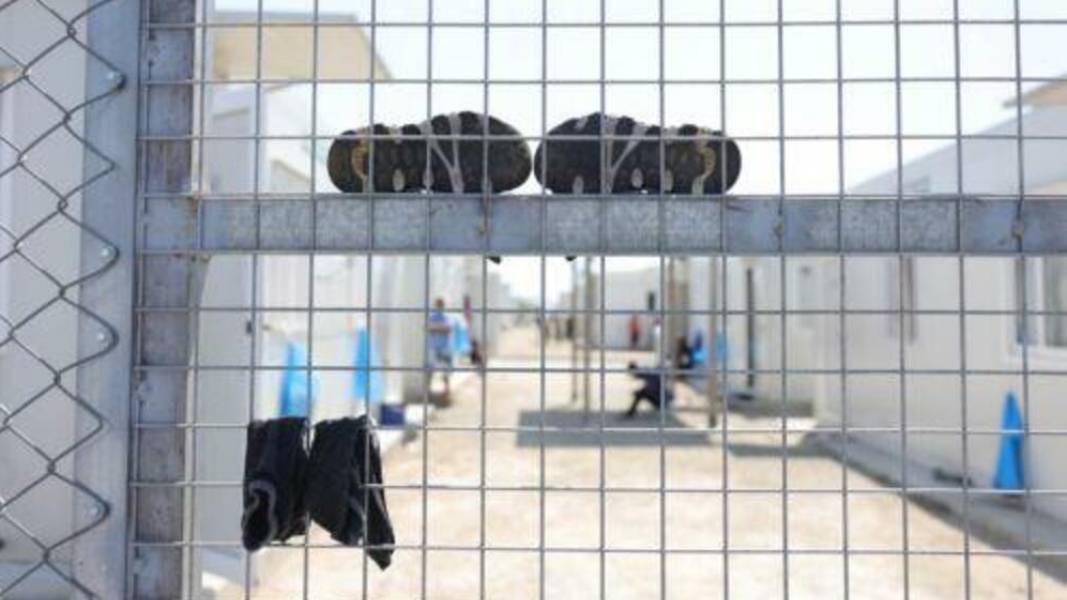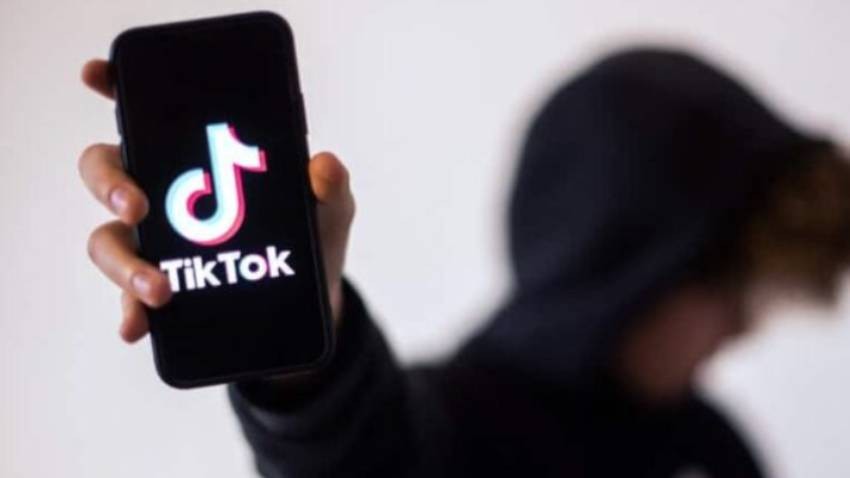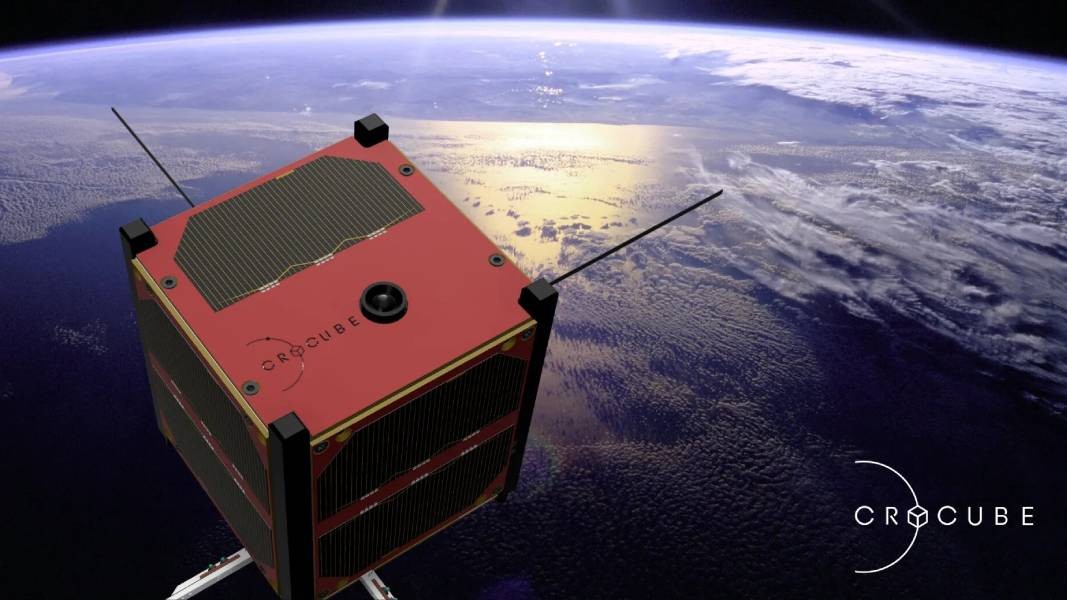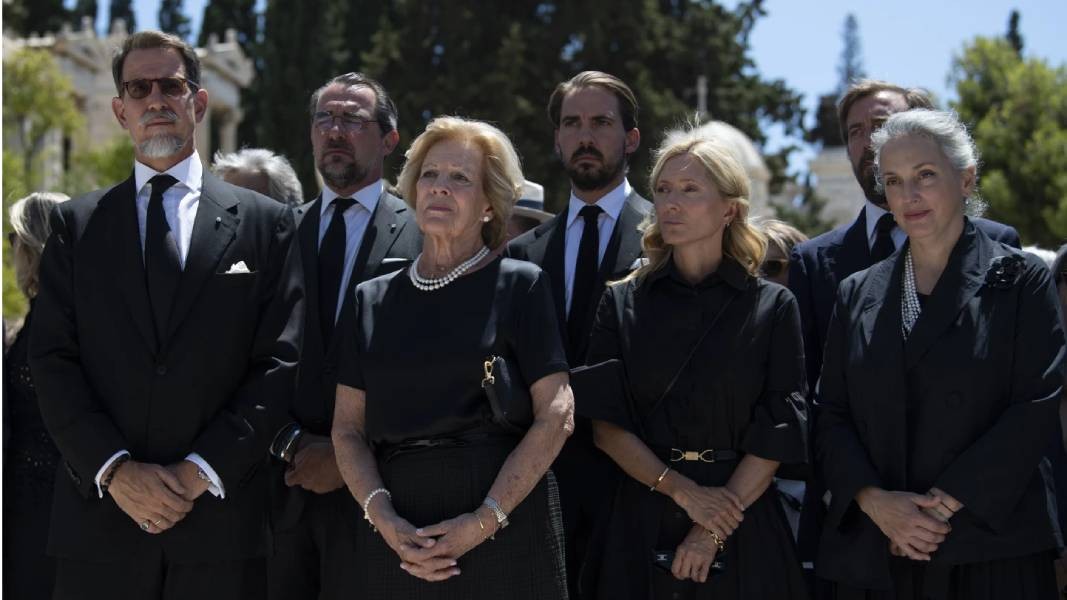Romania closes dozens of border check points as of 1 January
In connection with its full accession to the Schengen area, as of 1 January, 2025, Romania is closing more than 30 border check points on its borders with Bulgaria and Hungary, Radio Romania International reports, citing the Ministry of Internal Affairs. As of the beginning of 2025, there will be random checks at Romania’s border with Bulgaria and Hungary for a period of six months. The Romanian Ministry of Internal Affairs adds that the customs buildings will be conserved.
For Cypriots, migration is the biggest problem in the EU 
Migration is the most important issue for Cypriots, according to a Eurobarometer survey conducted 10 October-3 November, 2024. Asked to point to the two most important problems the EU and Cyprus face, 50% of the respondents say it is migration (for the EU as a whole this percentage stands at 20), 40% say it is rising prices, inflation and the cost of living, and 33% - the war in Ukraine.
Albania shuts down TikTok for a year after a teenager was killed
The Albanian authorities are shutting down TikTok for a year after a teenager was killed, which raised a host of questions about the affect social media have on children. Prime Minister Edi Rama said the social media site would be blocked starting next year, blaming the platform for rising incidents of violence and bullying, especially among young people. Albanian authorities held 1,300 meetings with teachers and parents following the death of a teenager in mid-November who was stabbed by another youth after a quarrel that allegedly started on the video hosting platform, Euronews writes. After the incident, numerous videos have been posted by teenagers expressing approval for the killing.
Slovenia bans Nazi and fascist symbols by law 
Under amendments adopted by parliament, Nazi and fascist symbols will be banned in Slovenia, the Bulgarian news agency BTA reports. The use of any symbols, slogans, flags, uniforms and other insignia glorifying or promoting Nazi or fascist ideology will entail a fine of EUR 500-1,000. However, the opposition’s proposal that the ban also include communist symbols was not passed.
Croatia launches its first satellite 
CroCube, Croatia’s first satellite was launched on 21 December. Local media quote project leader Daniela Jovic as saying that the satellite will photograph the Earth from its orbit of 510 kms. above the Earth’s surface, and will conduct scientific measurements over the next two years. “The launch is just the beginning. We urge everyone to join the space projects which will trace our future,” Daniela Jovic said at a news conference held at the Zagreb innovation centre. CroCube is a 10x10x10 cm. nanosatellite weighing 1.1 kgs. “Croatia has a satellite in space for the first time. This is important most of all because it shows that such an achievement is possible in Croatia – with our own resources, knowledge and perseverance,” said Martin Lucas, envoy of the Mayor of Zagreb Tomislav Tomazevic.
Former Greek royal family restore Greek citizenship and take De Gréce as surname 
Ten members of the Greek royal family – Constantine II’s five children and five grandchildren have officially regained their Greek citizenship after submitting a request, Greek media report. Their choice of surname is De Gréce (literally “from Greece”), as they do not have an official surname. The former king and his family were deprived of Greek citizenship by law in 1994 during the government of Andreas Papandreou. The law sets down unconditional acceptance of Greece’s republican system, and the choice of a surname as a condition for the restoration of the citizenship of the members of the royal family. However, Constantine II, who died in 2023, stubbornly refused to choose a surname. The centre-left PASOK accused the government of allowing the family of the former king to take a surname which “perpetuates a monarchical myth” and “runs counter to the spirit of the law” from 1994.
Compiled by Miglena Ivanova
Translated and posted by Milena Daynova
Photos: radioromania.ro, КНА, svet.sme.sk, CroCube, apnews.com, balkanweb.com
Bulgaria’s National Assembly rejected President Rumen Radev’s veto on the amendments that expand the powers of the special commercial administrator of Lukoil, reported BNR’s correspondent Maria Fileva. The MPs from the ruling majority, supported by..
President Rumen Radev has vetoed the legislative amendments related to the appointment of a special commercial administrator in the Lukoil refinery in Burgas. The head of state said that the amendments undermine the legal order in..
Convulsions Before Multipolarity — a Time When Illusions Are Sacred and Truth Is Heresy is the title of a new book that will be officially presented in early November in Sofia. It explores the agony of a unipolar world, an era of geopolitical..

+359 2 9336 661
